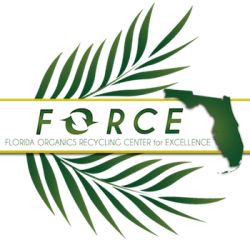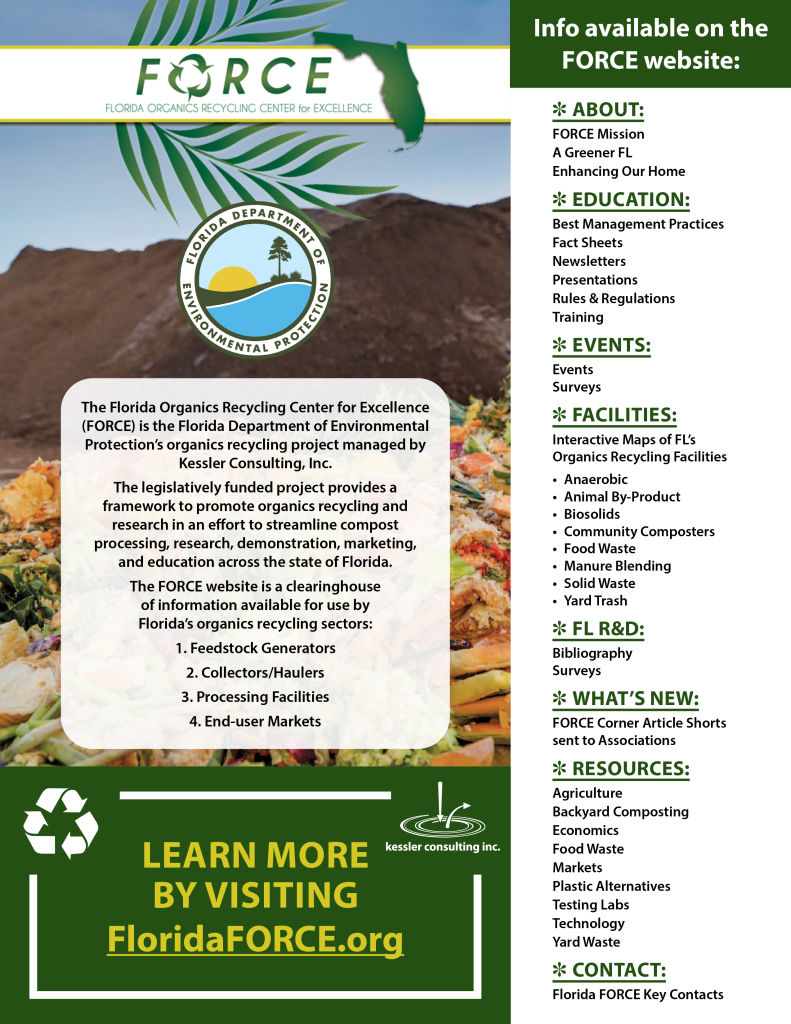YARD WASTE PROCESSING EQUIPMENT DEMONSTRATION & EVALUATION
With the partnership of FDOT, Sumter County and the Florida Organics Recycling Center for Excellence (FORCE), Seminole County, and Consolidated Resource Recovery a public demonstration event was arranged by Kessler Consulting, Inc. to test and evaluate yard waste processing and composting equipment that effectively separates plastic bags from compost and yard waste. The demonstration event was held on January 25th, 2007 at the Seminole County Yard Waste Processing Facility.
All Public and private sector yard waste processing and composting industry personnel within the state of Florida were invited to attend the demonstration. Two very different pieces of equipment were featured:
- Komptech- Multistar - L3, Star Screen with Air Classifier
- Airlift Separator – AL 200D Diesel

